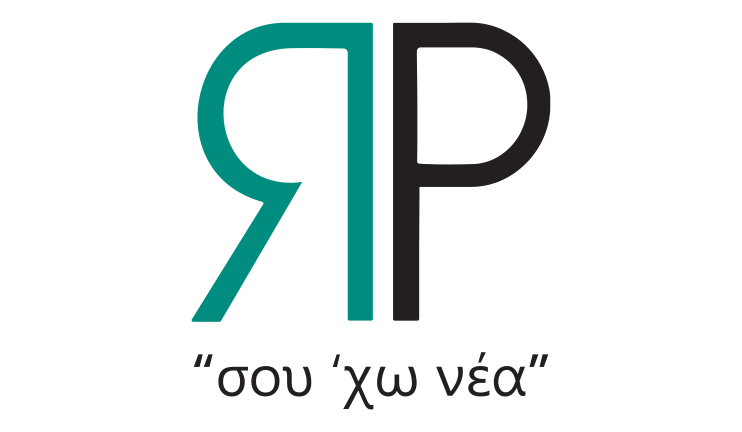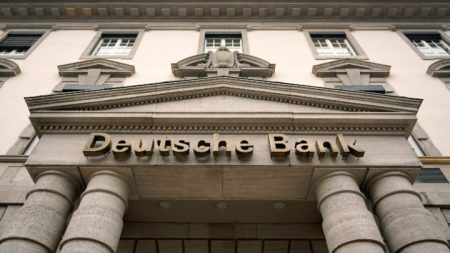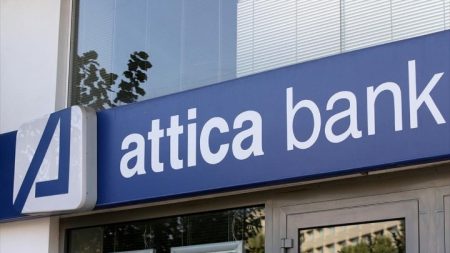In 2013 my firm will be celebrating its 10th year in the business. Throughout the years we have had the honor of providing communications services at both corporate and political levels. In the midst of this journey- in 2006- I met Lavrentis Lavrentiadis.
At the time, my company was responsible for the communications strategy of Ernst & Young in Greece. This was the same year Mr. Lavrentiadis was awarded “Entrepreneur of the Year” as prime stakeholder in Neochimiki.
Soon after, Lavrentiadis was invited to represent Greece in the “World Entrepreneur of the Year 2007” competition in Monte Carlo in June 2007, which put him up against leaders from 40 countries. It was the first time that a Greek businessman was internationally recognized and my company was hired to handle the global press.
His words from a moment in the past fill my head now. The incident happened while we were on our way to meet with the deciding committee and we got stuck in the elevator. This had never happened to me before. The appointment was at 15:00, we were ten minutes late, and we were trapped! He sensed my concern and he said… “Mr. Rizopoulos, don’t worry… there are far worse things in life.”
Lavrentiadis, 40, suffered from a chronic rare disease of the nervous system but still managed to create two business giants: Neochimiki and Alapis. Creating a Greek multinational that can compete globally is not commonplace.
I was also quite impressed by how patriotic he felt about his country. Towards these ends and to help measure his capabilities, he funded the Lavrentiadis chair at one of the most prestigious Washington think tanks, the Center for Strategic and International Studies (CSIS). It isn’t necessary to describe how important an initiative this was for Greece.
In a short meeting that I experienced personally, I remember Paulsen wondering why the Greek government at the time was choosing the IMF as option to solving its economic crisis. Immediately upon his return to Athens he informed the Office of the then Prime Minister George Papandreou.
But now Lavrentiadis has been arrested. Regarding the legal process, I will be the last make an opinion on how the Greek judicial system decides to do its job. Most importantly I do not have the legal expertise to even try analyze the situation.
However, since the moment I became aware of his arrest, a very simple question has crossed my mind: Lavrentiadis had the trust and did business with over 40 multinationals. He also was the only Greek entrepreneur who had financial backing from the world’s greatest global banks -such as Deutsche Bank and RBS. One would assume that they had made some background check of his business activities. Moreover, Lavrentiadis’ companies also engaged the services of several certified accounting global firms such as Ernst & Young and PwC-amazingly enough- no red flags or complaints from anyone all these years.
So, were multinational, corporate, global banking magnates and international audit firms all wrong? Did they all conspire in favor of Lavrentiadis?
To take my thinking process a bit further, are we to believe that any trace of illegal activities went totally unnoticed by worldwide professionals while a handful of Greek public servants were able to figure out? Seriously, an answer to such a question would be quite interesting.
Now, as a communications specialist, I understand the effort launched by the Greek government these last few years to creating a Meme of “catharsis” in a country where unemployment is above 20% and no progress seems to be made in adopting policies for economic growth.
But, this leads me to my next question: Is Lavrentiadis the only one to be singled out- the possible scapegoat – the weakest link in the chain or are the authorities going to continue their work in investigating the real oligarchs of this country?







